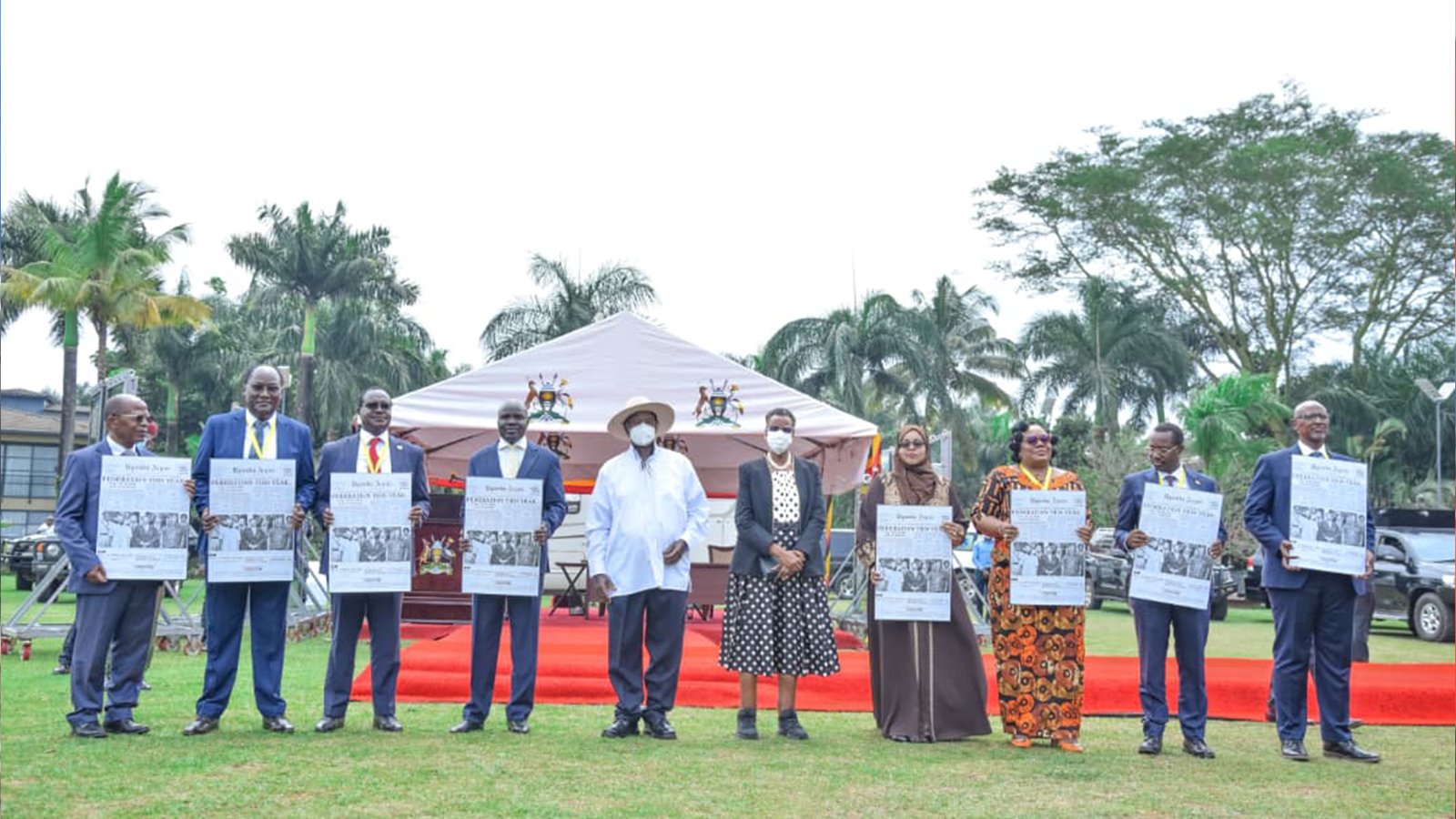Education ministers from East African Community (EAC) partner states have committed to fast-tracking the creation of a Common Higher Education Area, pledging reforms that will allow students, staff, and professionals to move seamlessly across the region.
The commitments were announced in Kampala on Thursday at the close of the 1st Regional Ministerial Conference on the EAC Common Higher Education Area (EACHEA), hosted by Uganda’s First Lady and Minister of Education and Sports, Janet Kataha Museveni. The three-day summit brought together ministers from all eight EAC partner states, vice chancellors, student leaders, industry stakeholders, and development partners.
Latest
EC Rejects Peasant Party Signatures, Party Cries Foul Over Verification Process
PFF Withdraws From 2026 Race, Pushes for Joint Opposition Flagbearer
FDC Mourns NUP Abductions, Demands End to State Persecution
Exiled Ssemakadde’s Tenure at Uganda Law Society Ends on 27th Sept
Speaker Among Faces Backlash Over Bride Price Remark at King Oyo’s Coronation
MPs Raise Alarm Over UGX 723Bn Injection Into UGX 2Bn Company
Dr. Besigye’s Former Aide Sam Mugumya Still Missing as Army Disowns Custody
In a joint communiqué, the ministers resolved to align national higher education laws and policies with regional frameworks, harmonise accreditation standards, and mutually recognise academic and professional qualifications by 2027. They also agreed to eliminate student visa fees, charge regional students the same tuition rates as locals, and establish a regional mobility fund to support cross-border study opportunities.
“The operationalisation of the Common Higher Education Area will not only strengthen academic excellence but also deepen regional integration and socio-economic transformation,” the communiqué reads.
Among the priority areas highlighted were digital transformation of higher education, including online learning and virtual exchanges; enhanced financing through public-private partnerships; and equity measures to ensure access for marginalised groups.
The conference also recognised the challenges still facing the region, such as limited funding for research, inadequate STEM infrastructure, and uneven adoption of regional education policies.
Uganda’s Minister of Education and Sports, Janet Kataha Museveni, called the Kampala conference a “historic milestone” and urged partner states to act swiftly: “Our young people deserve a higher education system that is regionally competitive and globally recognised.”
The next ministerial conference will be hosted by Rwanda in 2027, with the Inter-University Council for East Africa (IUCEA) designated as the secretariat to monitor implementation.





